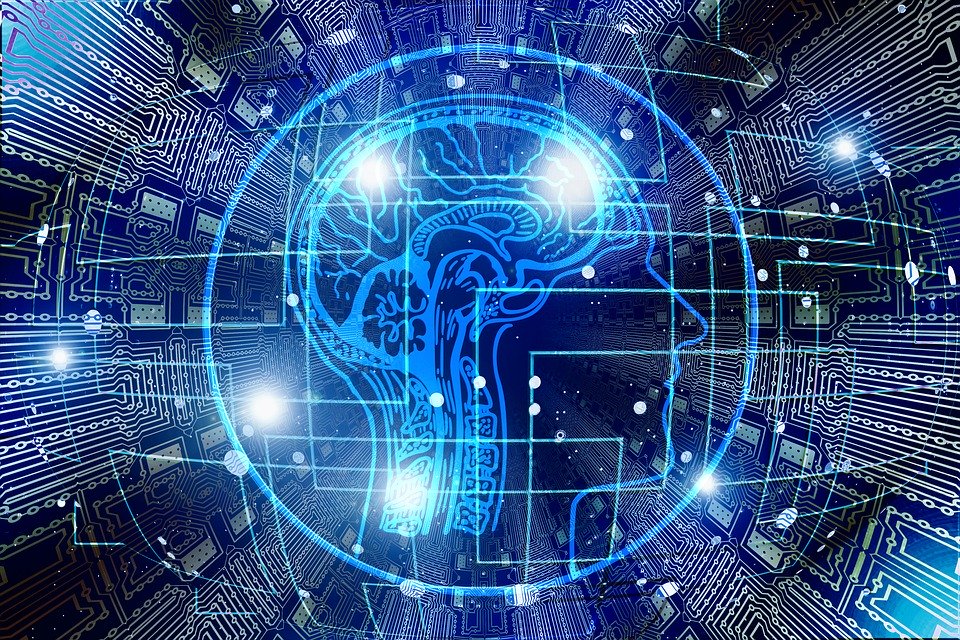
Today’s business world heavily relies on background checks to minimize hiring risks. Little wonder, over 95 percent of employers carry out, at least, one type of background check on applicants. Online screening platforms have streamlined the process, allowing for faster, more accurate, and cheaper background checks.
However, in the past few years, two new buzzwords have made their way into the hiring world - ‘Artificial Intelligence (AI)’ and ‘Machine Learning (ML)’. Machine learning is an application of AI that provides systems with the ability to automatically learn and improve from experiences without being explicitly programmed.
AI companies like Intelligo make use of artificial intelligence to carry out background checks - making it, even more, faster, accurate, and efficient. These are some of the roles AI is playing in background screening:
We live in a digital world where we’re constantly inundated by streams of information. The availability of large amounts of information was often a liability to traditional background checkers because of the wealth of irrelevant information. However, this surplus information is an asset to AI, as it allows it to develop better models that can attain better results.
Even though many hiring managers try not to discriminate, they still have several unconscious biases - all humans do. These biases sometimes lead to unintentional discrimination that exposes organizations to legal risks.
Applying AI to background checks in Australia (e.g. using them in criminal history screening) provides an easy way to eliminate both conscious and unconscious human biases from the hiring process because of its objectivity.
However, in the last few years, there has been a growing concern about how AI systems can exhibit bias, based on the way they were programmed. But as technology improves, better programs that eliminate all forms of biases will become available.
How long will it take to condense all the information about an applicant to one actionable hiring decision for employers? Typically 10 days. AI can cut that down to less than an hour. This is because AI focuses on the big picture by picking out the most relevant data nuggets that can help companies draw the proper conclusion. Because of the conciseness involved, the background screening process is drastically accelerated.
One major drawback of traditional employee checks is their short lifespan - they are only valid up to the point in time they were performed. The use of AI makes it possible to continuously assess and analyze vast amounts of data in real-time. By so doing, if any red flag pops up about an individual or employee, employers can promptly be notified. So, essentially, it can automatically make background screening a continuous process.
With traditional screening checks, pulling out information on a global scale is extremely difficult, due to factors like language barriers. AI can check data sources inaccessible to traditional background checkers and utilize them. This makes the screening process more robust.
For traditional background checks, it ultimately boils down to a yes/no decision or a single score. On the other hand, AI can help an employer assess the risk of a potential hire across multiple areas. This helps to make more informed decision
 QUICK LINKS
QUICK LINKS